In an increasingly complex and interconnected world, intelligence agencies stand as the unseen guardians of national security. These organizations operate beyond the public eye, collecting and analyzing information, thwarting threats before they emerge, and shaping foreign policy decisions at the highest levels. From countering terrorism and cyber warfare to dismantling espionage networks and safeguarding economic interests, their missions are as diverse as they are critical. While their work often goes unnoticed, the impact of their operations is felt across borders, influencing global stability and power dynamics.
Each country’s intelligence apparatus is a reflection of its strategic priorities, technological capabilities, and geopolitical ambitions. Some agencies are renowned for their cutting-edge surveillance networks, while others excel in human intelligence and covert operations deep within enemy lines. Together, they form an invisible battlefield where information is the ultimate weapon and secrecy is paramount.
In this article, we explore the 10 top intelligence agencies in the world, examining their origins, missions, notable operations, and how they continue to shape the security landscape of the 21st century. From the legendary CIA and MI6 to lesser-known yet formidable forces like Mossad and RAW, these agencies exemplify the blend of power, precision, and intelligence that keeps nations one step ahead in an unpredictable world.
Intelligence agencies operate behind the scenes to safeguard national interests, counter threats, and influence global events. These organizations employ advanced technology, human intelligence, and covert operations to gather critical information. The following list highlights ten of the most prominent intelligence agencies in the world, based on their effectiveness, historical significance, and global reach.
Top Intelligence Agencies in the World
The table below summarizes the top 10 intelligence agencies, including their country, founding year, headquarters, and notable operations. This information is drawn from reliable sources, including recent analyses of global intelligence capabilities.
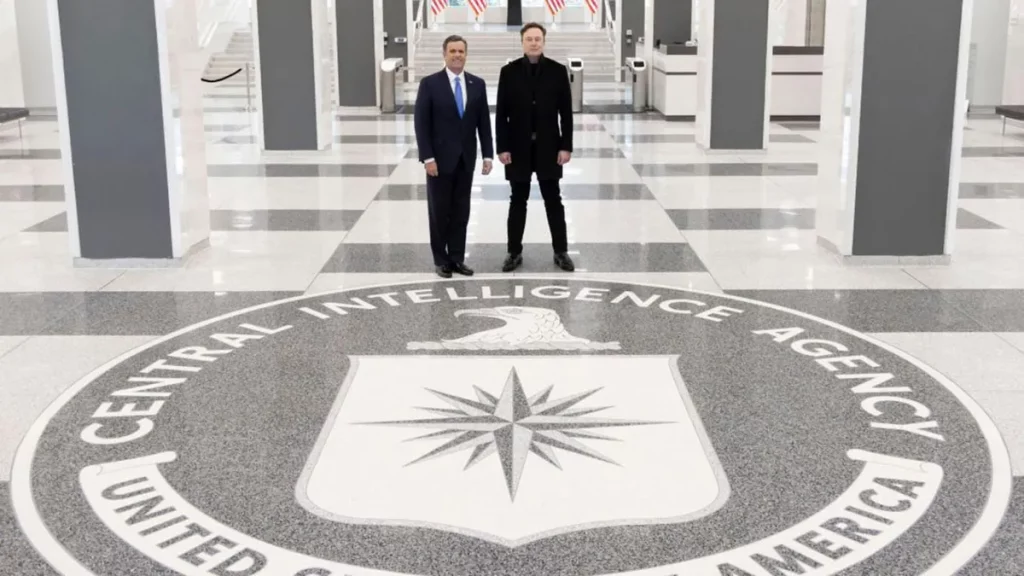
Why These Agencies Matter
Each of these agencies plays a unique role in their respective countries, often operating in high-stakes environments. Their work involves espionage, counterterrorism, cyber operations, and strategic intelligence gathering, which can shape international relations and prevent conflicts. While their operations are often shrouded in secrecy, their impact is felt globally.
Comprehensive Overview of the Top 10 Intelligence Agencies in the World
Intelligence agencies are the unsung guardians of national security, operating in the shadows to gather critical information, conduct covert operations, and protect their nations from internal and external threats. These organizations combine human intelligence, advanced technology, and strategic operations to influence global events and safeguard national interests. The following comprehensive overview details the top 10 intelligence agencies in the world, based on their historical significance, operational capabilities, and global influence. The list is informed by recent analyses, including sources like SSBCrack and SPMIAS Academy, and includes tabular details for each agency, followed by in-depth descriptions of their roles and impact.
Table of Top 10 Intelligence Agencies
| Agency Name | Country | Founded | Headquarters | Parent Organization |
|---|---|---|---|---|
| Central Intelligence Agency (CIA) | United States | 1947 | Langley, Virginia | Office of the Director of National Intelligence (ODNI) |
| Secret Intelligence Service (MI6) | United Kingdom | 1909 | London, UK | Foreign, Commonwealth & Development Office (FCDO) |
| Federal Security Service (FSB) | Russia | 1995 | Moscow, Russia | Security Council of Russia |
| Research and Analysis Wing (RAW) | India | 1968 | New Delhi, India | Prime Minister’s Office (PMO), Government of India |
| Mossad | Israel | 1949 | Tel Aviv, Israel | Office of the Prime Minister |
| Federal Intelligence Service (BND) | Germany | 1956 | Berlin, Germany | Federal Chancellery (Bundeskanzleramt) |
| Ministry of State Security (MSS) | China | 1983 | Beijing, China | Central Committee of the Communist Party of China |
| Inter-Services Intelligence (ISI) | Pakistan | 1948 | Islamabad, Pakistan | Pakistan Ministry of Defence |
| Australian Secret Intelligence Service (ASIS) | Australia | 1952 | Canberra, Australia | Department of Foreign Affairs and Trade |
| Directorate-General for External Security (DGSE) | France | 1982 | Paris, France | Ministry of the Armed Forces |
Detailed Insights into Each Agency
1. Central Intelligence Agency (CIA) – United States
The CIA is arguably the most well-known intelligence agency globally, established in 1947 under the National Security Act. Headquartered in Langley, Virginia, it employs an estimated 21,575 personnel and operates with a budget of approximately $15 billion (as of 2013).
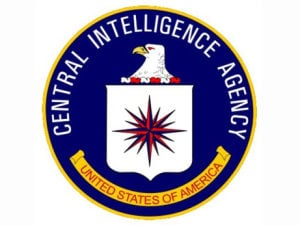
The CIA’s primary functions include foreign intelligence gathering, covert operations, counterterrorism, and cyber intelligence. Its notable operations include the assassination of Osama bin Laden in 2011, Cold War efforts against the Soviet Union, and involvement in conflicts in Iraq, Afghanistan, and Syria. The CIA’s technological advancements and global network make it a cornerstone of U.S. national security.
2. Secret Intelligence Service (MI6) – United Kingdom
Founded in 1909, MI6 is one of the oldest intelligence agencies, based in London. It operates under the Foreign, Commonwealth & Development Office and is led by Richard Moore. MI6 focuses on foreign intelligence, espionage, and counterterrorism, with an estimated budget of $2.6 billion for counterterrorism efforts.
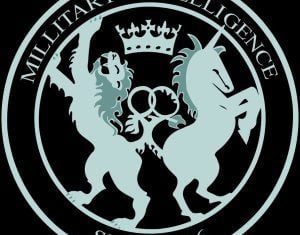
Its historical significance includes breaking the Enigma code during World War II, which was pivotal to Allied victories. MI6 has also been active in Cold War operations and more recent efforts in the Libyan civil war, showcasing its enduring global influence.
3. Federal Security Service (FSB) – Russia
The FSB, established in 1995 as a successor to the KGB, is Russia’s primary domestic intelligence agency, headquartered in Moscow. Led by Alexander Bortnikov, it operates under the Security Council of Russia. The FSB focuses on counterintelligence, surveillance, and anti-terrorism.
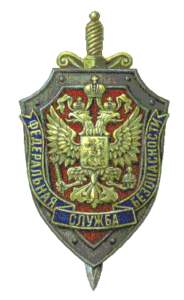
Its notable operations include managing security during the 1991 Soviet coup attempt, intelligence gathering in the Syrian war, and controversial activities like the alleged poisoning of Alexander Litvinenko. The FSB’s extensive reach makes it a formidable force in both domestic and international security.
4. Research and Analysis Wing (RAW) – India
RAW, founded in 1968 after the Sino-Indian and Indo-Pakistan wars, is India’s premier foreign intelligence agency, based in New Delhi. Under the leadership of Parag Jain and reporting to the Prime Minister’s Office, RAW focuses on intelligence collection, counterterrorism, and advising policymakers.
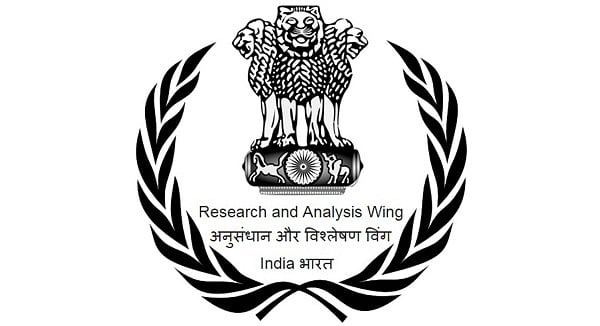
Its notable operations include its role in the creation of Bangladesh in 1971, Operation Smiling Buddha (India’s first nuclear test), and countering Pakistani intelligence during the Kargil War. RAW’s strategic focus on South Asia has made it a key player in regional security.
5. Mossad – Israel
Mossad, established in 1949 and headquartered in Tel Aviv, is renowned for its precision and efficiency in counterterrorism and covert operations.
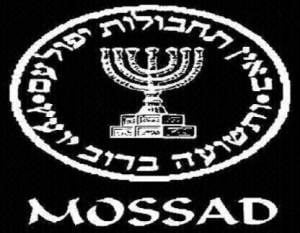
Led by Yossi Cohen and operating under the Prime Minister’s Office, Mossad has executed high-profile missions such as the capture of Nazi war criminal Adolf Eichmann in 1960, the response to the 1972 Munich Olympics massacre, and Operation Diamond, which secured a Soviet MiG-21 for Israel. Mossad’s global reputation stems from its ability to conduct daring operations with minimal resources.
6. Federal Intelligence Service (BND) – Germany
The BND, founded in 1956 and based in Berlin, is Germany’s primary foreign intelligence agency, led by Bruno Kahl. Operating under the Federal Chancellery, it focuses on foreign intelligence, counterterrorism, and cyber intelligence. With over 4,000 agents, the BND has been involved in operations such as intelligence gathering during the Munich Olympics incident, Libyan bombings, and the Iraq and Kosovo conflicts. Its expertise in electronic surveillance and cooperation with allies like the NSA enhance its global influence.
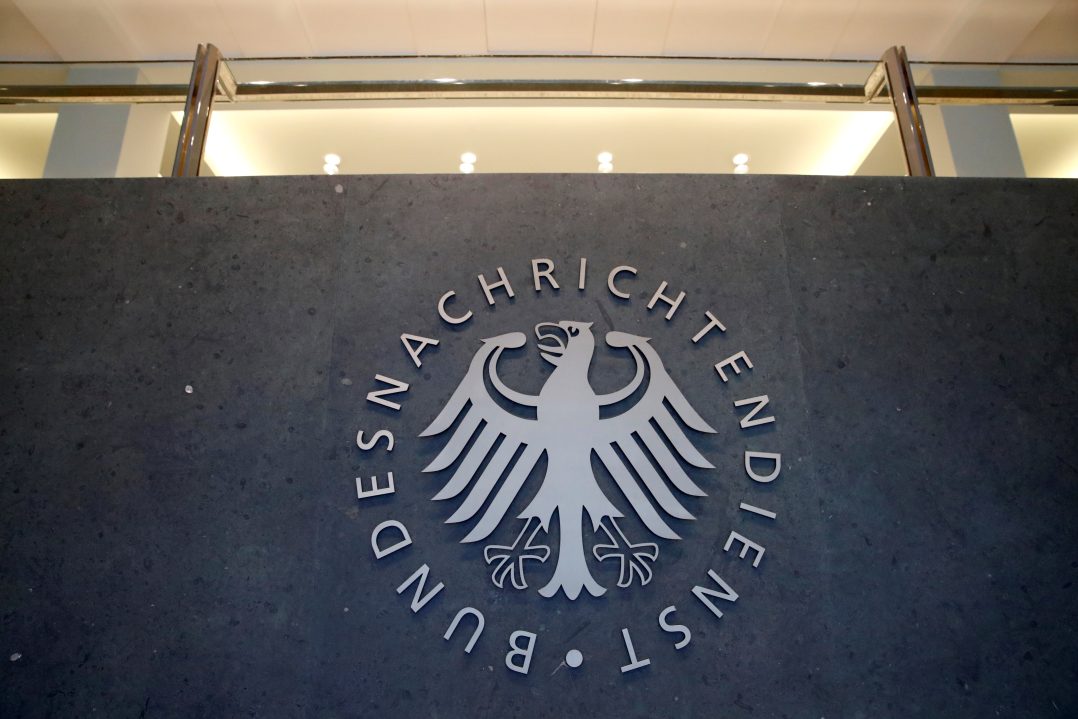
7. Ministry of State Security (MSS) – China
China’s MSS, established in 1983 and headquartered in Beijing, is a secretive agency under the Central Committee of the Communist Party, led by Song Tao. It handles espionage, counterintelligence, and cyber-espionage, with a focus on military and technological intelligence.

Notable operations include intelligence gathering during the Korean War, operations targeting Taiwan, and cyber-attacks on foreign governments and corporations. The MSS’s growing prominence under Xi Jinping’s leadership reflects China’s increasing global ambitions.
8. Inter-Services Intelligence (ISI) – Pakistan
The ISI, founded in 1948 and based in Islamabad, is Pakistan’s primary intelligence agency, led by Abu Hafs al-Hashimi al-Qurashi. Operating under the Ministry of Defence, it focuses on national security and counterintelligence, with an estimated 10,000 personnel.

The ISI played a significant role in the Soviet-Afghan War, the 1971 Indo-Pakistan War, and the 2001 Afghanistan War. Its controversial “double games” in Afghanistan and support during the Kargil War have drawn global attention.
9. Australian Secret Intelligence Service (ASIS) – Australia
ASIS, established in 1952 and headquartered in Canberra, operates under the Department of Foreign Affairs and Trade. As part of the Five Eyes alliance, ASIS focuses on foreign intelligence and protecting Australia’s political and economic interests. Its budget is approximately $482.18 million (2023–24).
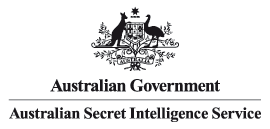
Notable operations include anti-people smuggling efforts in Pakistan, Sri Lanka, and Indonesia, security during the 2021 Kabul airlift, and assisting the CIA in Chile during the 1970s. Much of ASIS’s work remains classified due to its secretive nature.
10. Directorate-General for External Security (DGSE) – France
The DGSE, founded in 1982 and based in Paris, is France’s foreign intelligence agency, led by Nicolas Lerner under the Ministry of the Armed Forces. With over 5,000 agents, it focuses on counterterrorism, cyber defense, and covert operations.

The DGSE has foiled over 15 terrorist attacks since 2001 and operates 10 military satellites. Notable operations include intelligence gathering during the Soviet-Afghan War, the controversial sinking of the Rainbow Warrior (Operation Satanic), and infiltrating al-Qaeda networks.
Conclusion
The top 10 intelligence agencies in the world are pivotal in maintaining national and global security. From the CIA’s technological dominance to Mossad’s precision operations and RAW’s regional influence, each agency brings unique strengths to the table.
Their work, often conducted in secrecy, shapes international relations and prevents threats that could destabilize nations. While rankings may vary slightly due to the secretive nature of these organizations, their collective impact is undeniable. This list, informed by recent sources, provides a comprehensive look at the agencies that operate as silent guardians in an increasingly complex world.













